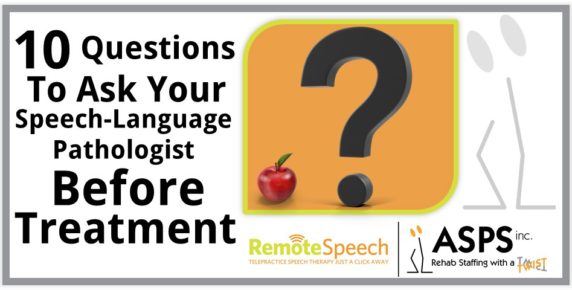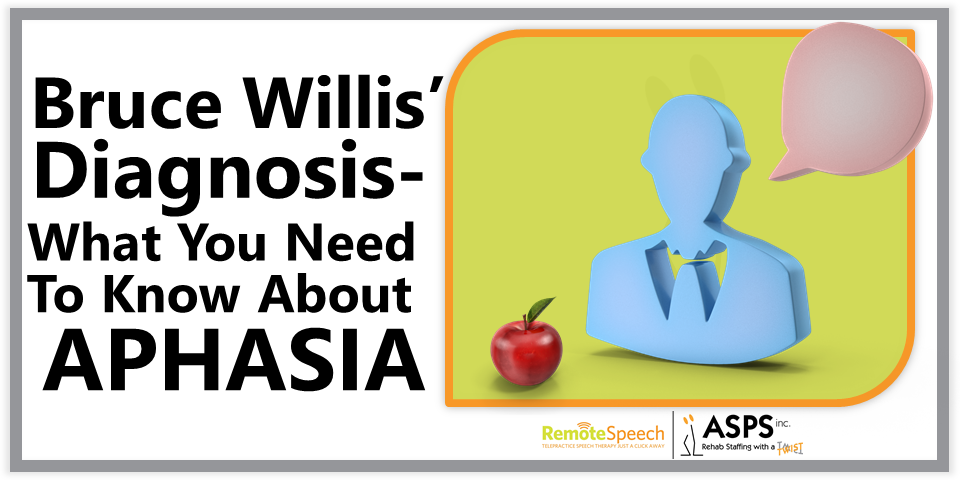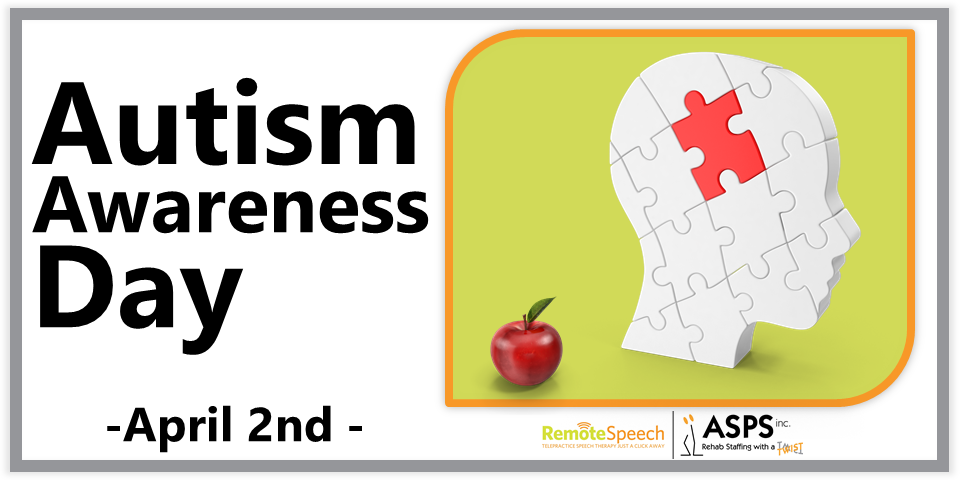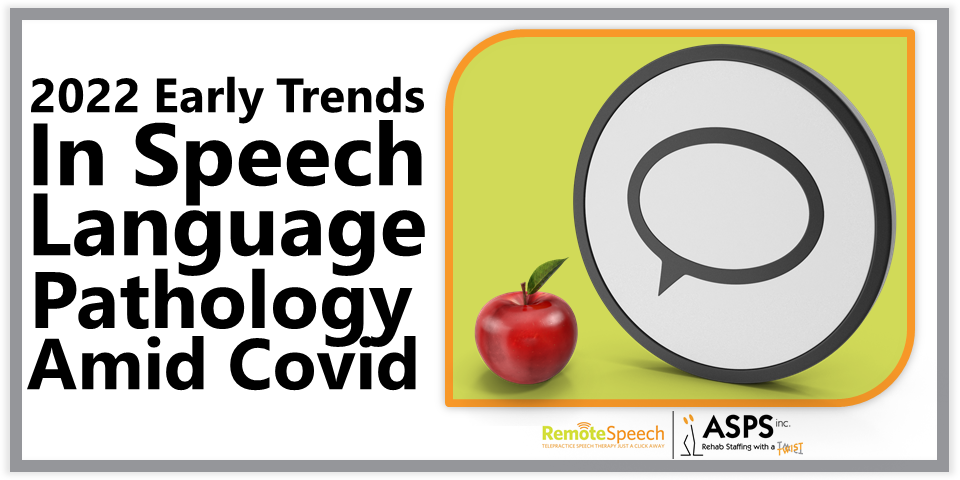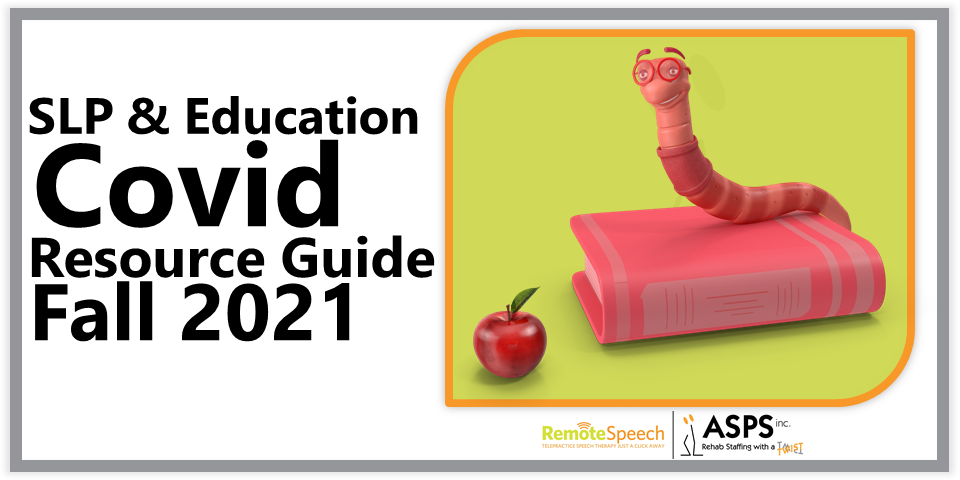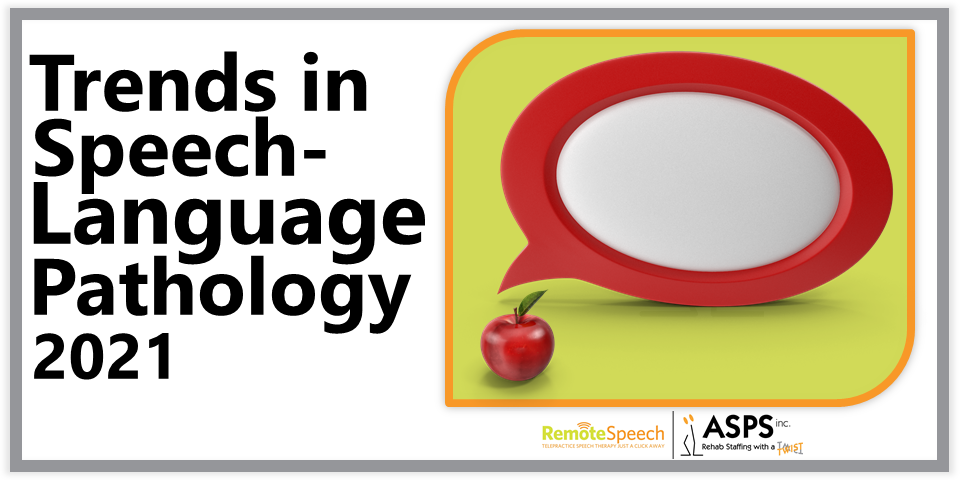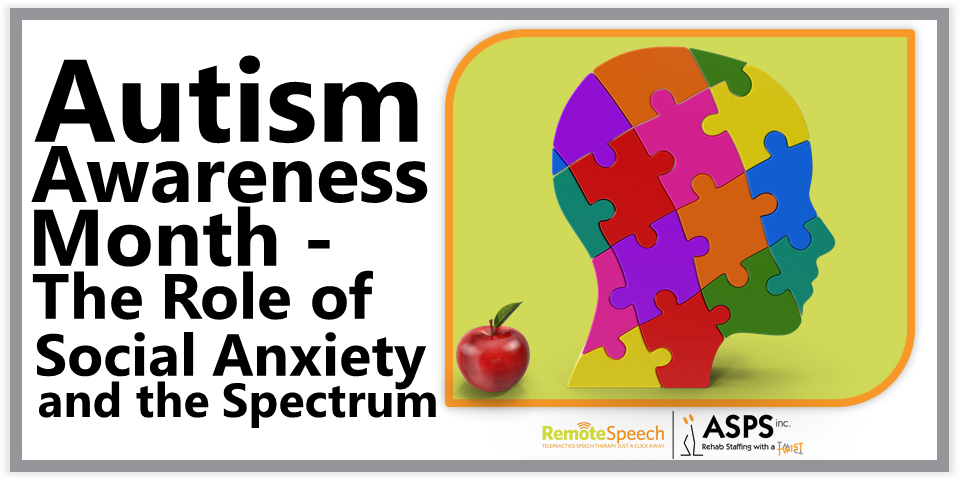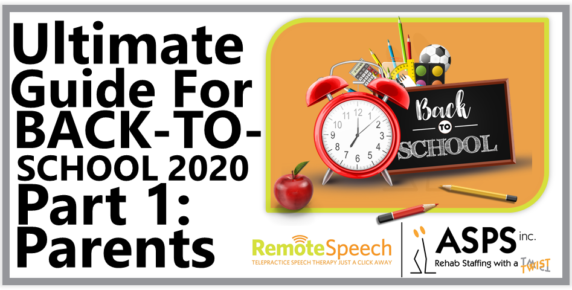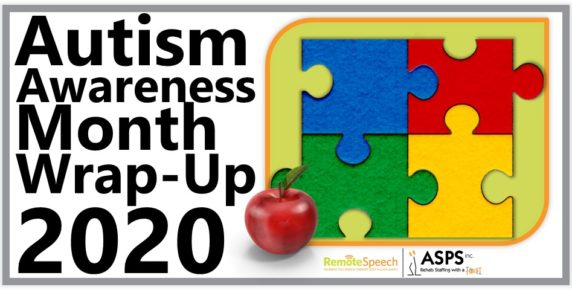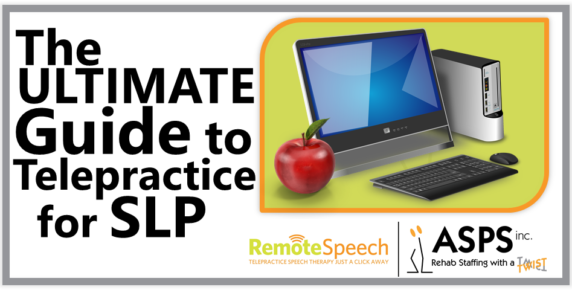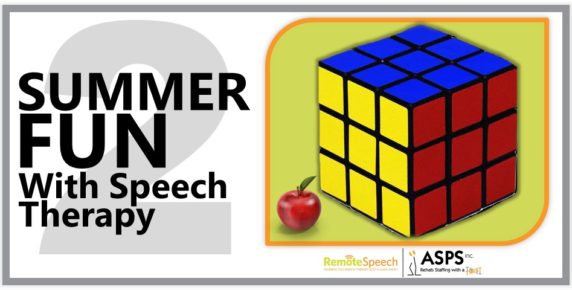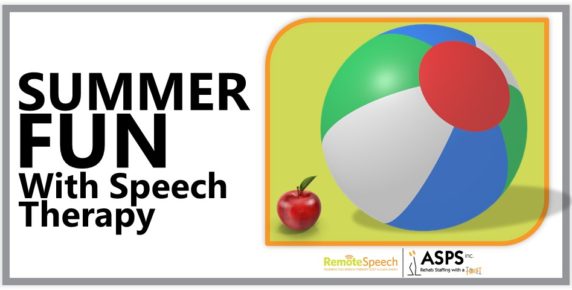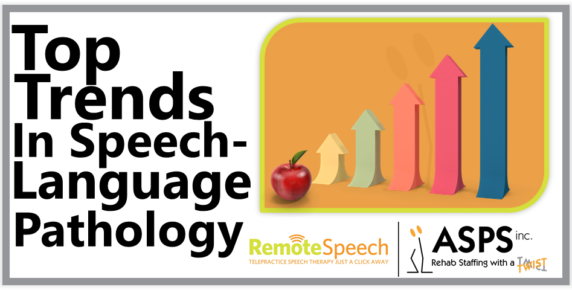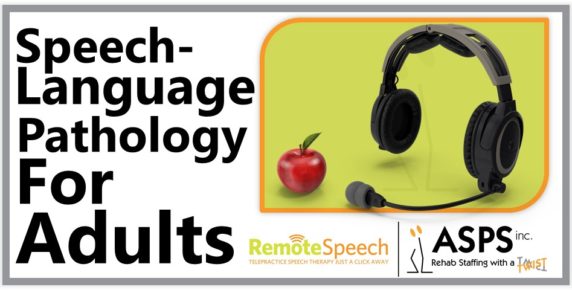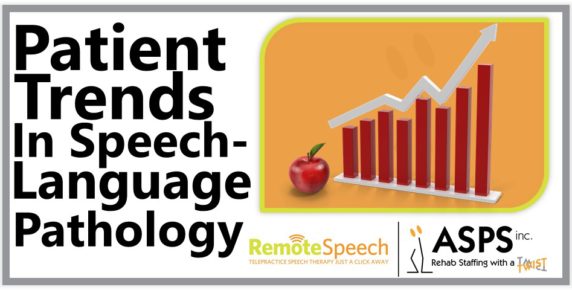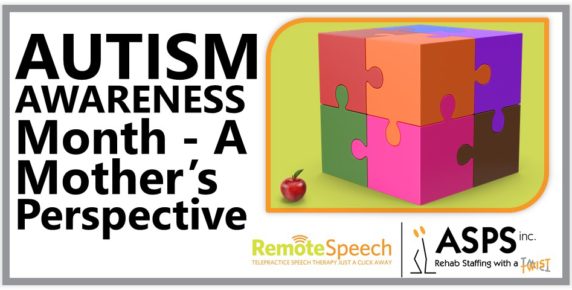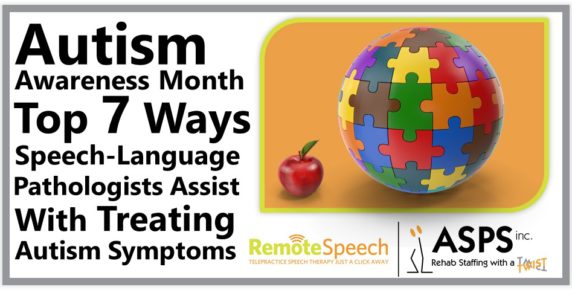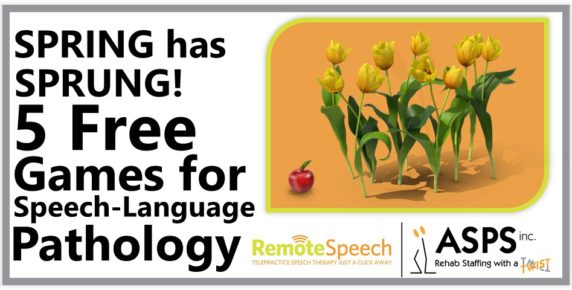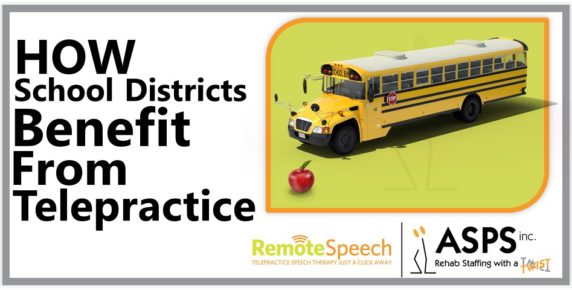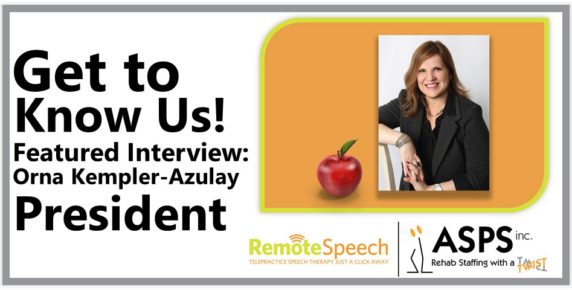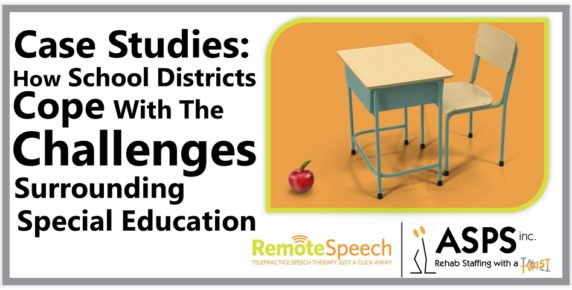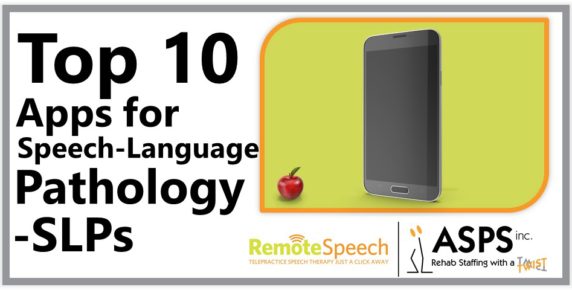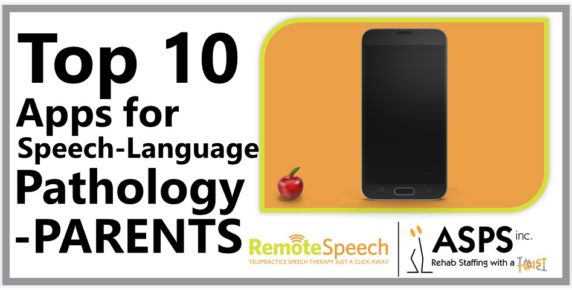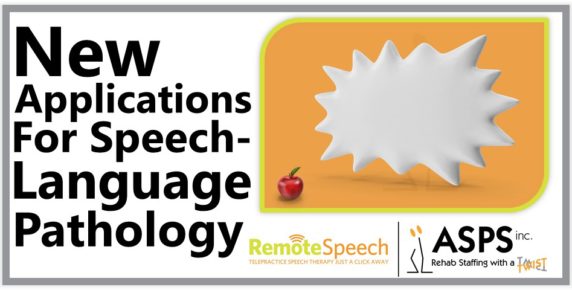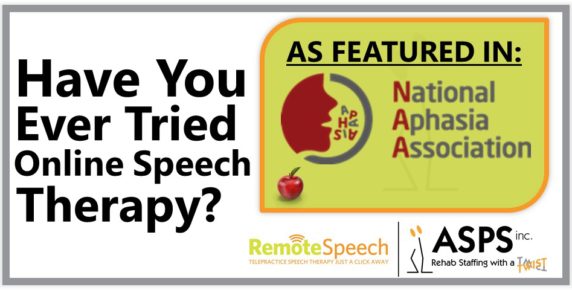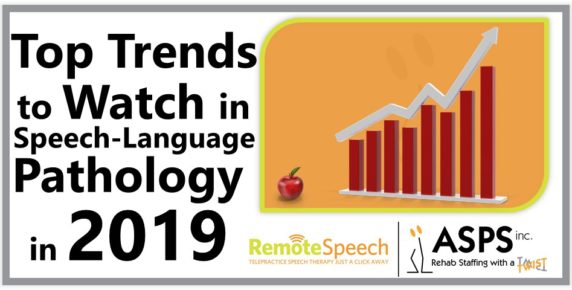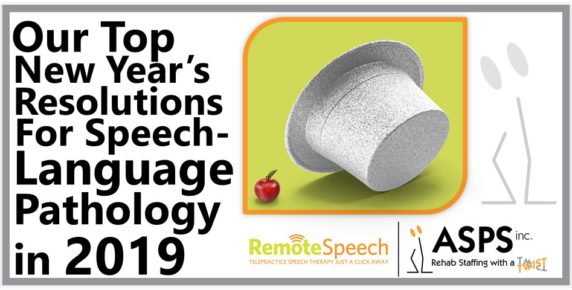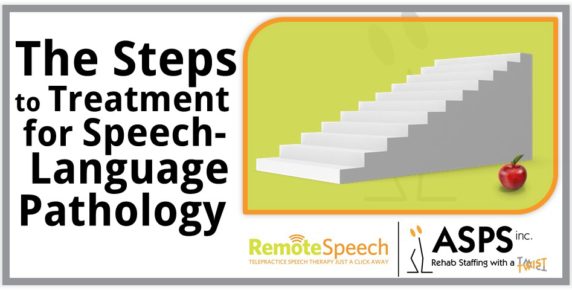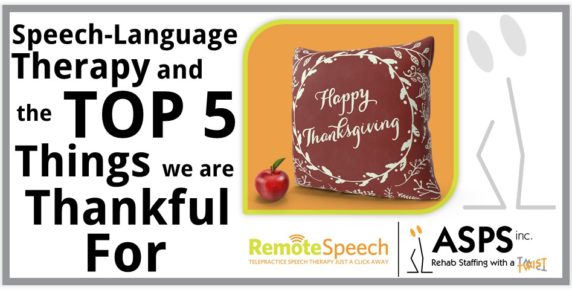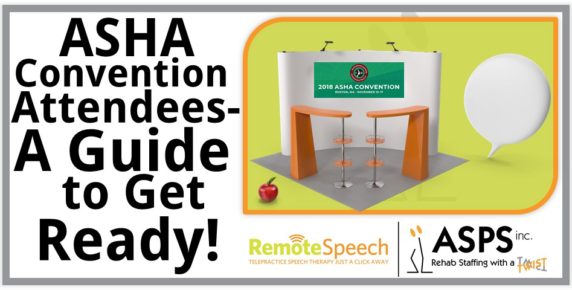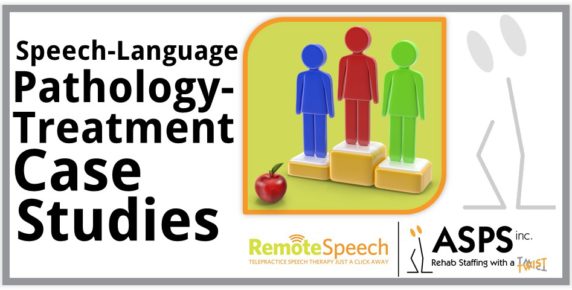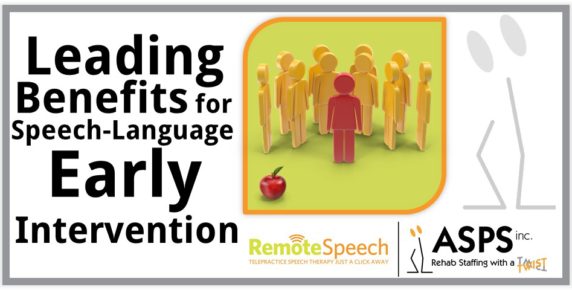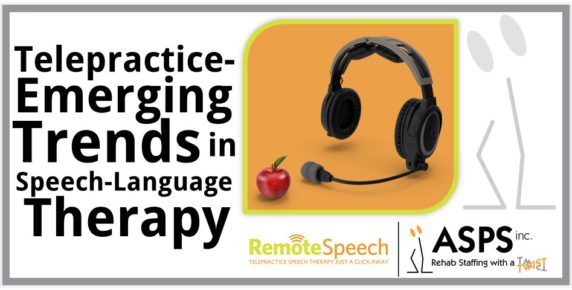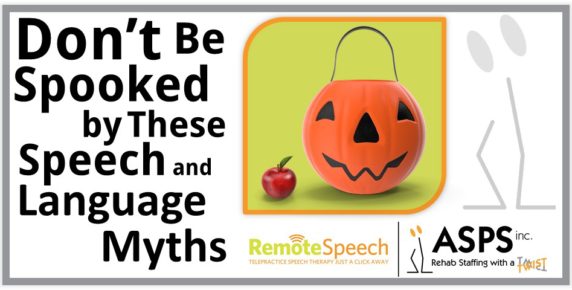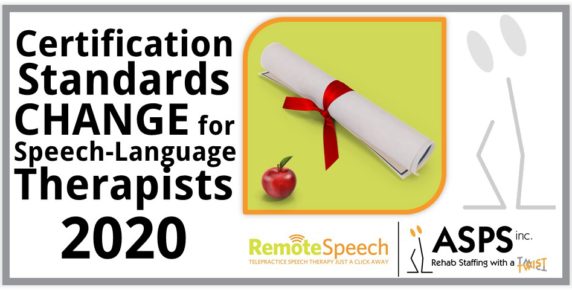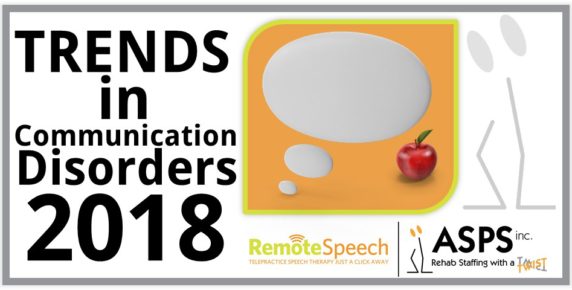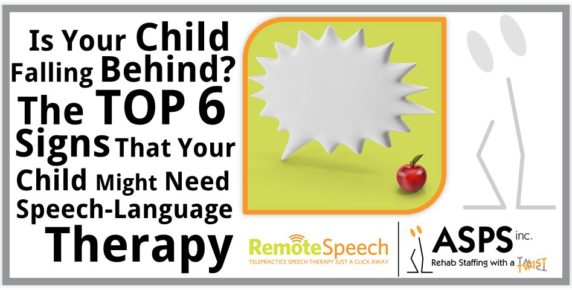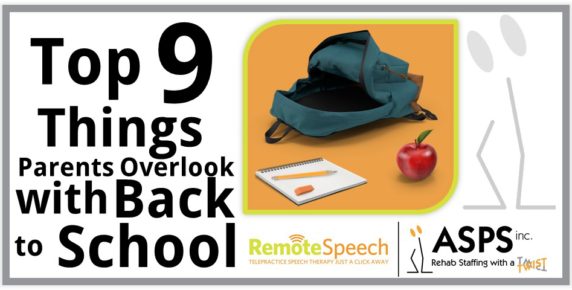The role of a Speech-Language Pathologist (SLP) is to assess, diagnose, and treat a wide range of speech, language, social communication, and cognitive issues in children and adults. Speech-Language Pathologists are highly-trained, and at a minimum, have a Master’s Degree. During their professional studies and continued education, they have experience in a wide range of coursework in anatomy, neuroanatomy, physiology, genetics, linguistics, psychology, human and language development, and beyond.
Whether you are a patient, parent, or ally, your first session with your Speech-Language Pathologist can be a bit overwhelming. While your Speech-Language Pathologist will likely have pertinent information and completed questionnaires pertaining to your unique needs, it is crucial that patients, parents and allies alike can ask the pertinent questions that will clarify their path to therapy.
We have constructed a list of the top 10 questions to ask before you start your therapy program. We have also included a brief synopsis to explain that value and intent of each. When reviewing this questionnaire, be sure to ask follow-up questions if you do not understand the answers provided. At the bottom of this article, you will find these questions outlined in a convenient digital version that can be printed out and used in your first session.
1. What has the initial evaluation shown, and what will the main communication challenges be?
This question is imperative, to ensure that both patient and provider are aligned to the challenges ahead. Take notes to ensure that you understand these challenges clearly).
2. What is your experience in treating others with these communication challenges? Have you worked with people who have faced the same challenges that I have?
In most instances, your Speech-Language Pathologist will be able to describe their experience in working with patients with similar challenges. Remember, every case is unique. While your SLP can describe their experience in treating similar cases with generalizations, they cannot compare your circumstance with another patient, or disclose confidential information about other patients’ treatment programs.
3. What are realistic goals for therapy, now and in the future? How will we set, monitor and adjust goals during our therapy program?
Your SLP should be able to clearly define the goals for treatment, along with a plan to adjust those goals based on progress made. Keep in mind, that these are just projections, and may vary by individual.
4. What type of treatment(s) will my therapy involve?
The goal of this question is to ask you SLP to identify some of the treatment practices that you should expect during the course of your therapy. This is a broad overview. Keep in mind, treatment is often highly-responsive based upon the needs and progress made by the patient. Your SLP should keep you up-to-date on progress made, and keep you notified of any needs to modify your treatment program, should one arise.
5. What role does family and/or my support system play in therapy and how can they help?
Whether you are a parent or patient, family and/or your immediate support system can play a supportive role throughout the course of your therapy program. Ask your SLP to provide suggestions.
6. What work can I do at home, outside of therapy sessions, to get the most out of treatment?
With this question, your SLP should provide you with a description of what you should expect with your commitment to therapy as a whole, including tasks that might be required to perform at home, outside of your therapy sessions. This provides a good understanding of the commitment required to achieve your goals from the program.
7. How long will therapy last? How will we decide when therapy can conclude?
In most instances, your SLP will be able to provide an estimated time frame for your therapy’s duration. Keep in mind, however, that this is just an approximate time-frame. Be sure to ask your SLP what factors might extend your therapy program and if there are any benchmarks that should be observed to define progress.
8. Are there resources that I can seek, once therapy does end? And, what can I do to improve my skills once therapy is over?
When assessing your treatment program, understanding your responsibilities once treatment concludes is just as important as understanding the parameters while in treatment (both in sessions, and any “homework” assigned). Combined, this provides a comprehensive understanding of the complete expectations for your therapy treatment program.
9. Can you recommend other resources to assist with therapy, such as support groups, other specialists or anything else?
SLPs are a fantastic reference for supportive resources. Take advantage of any suggestions that they might have to make the most out of your treatment program.
10. f further questions arise, may I/we contact you? If so, what is the best way to contact you?
Additional questions may arise outside of your therapy sessions. Oftentimes, these questions can be posed during your next therapy session. Ask you SLP what their policy is for inquiries outside of treatment.
Click the image below to download and print a copy of this SLP Questionnaire
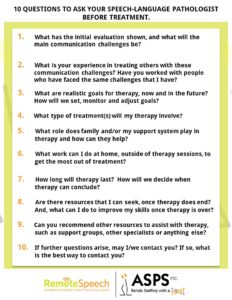
If you believe that your child would benefit from a formal screening from licensed, speech and language pathologist, click here to schedule a complimentary assessment by one of our licensed partners.

